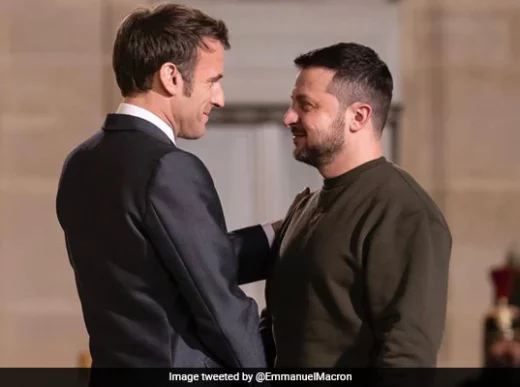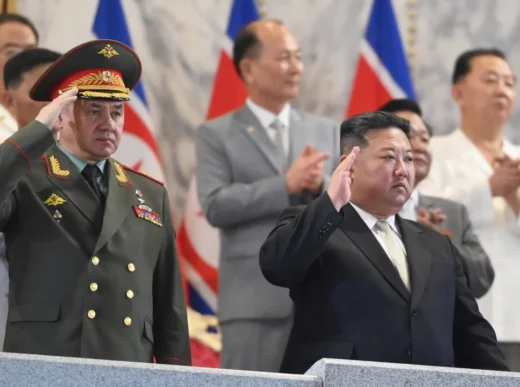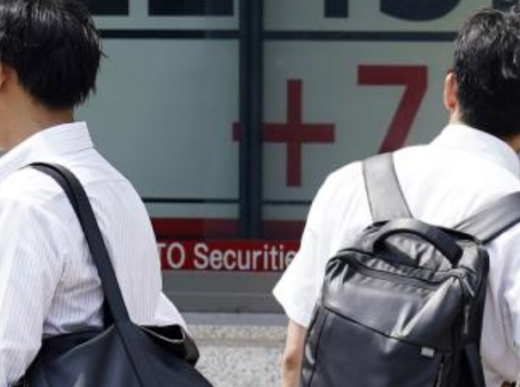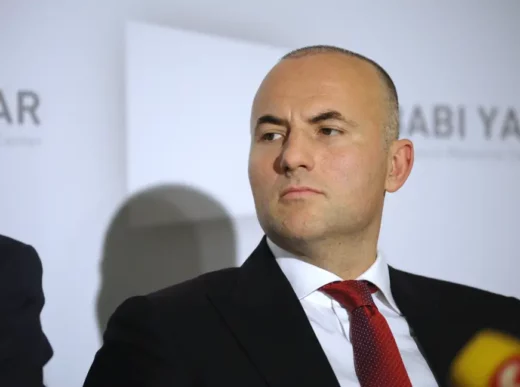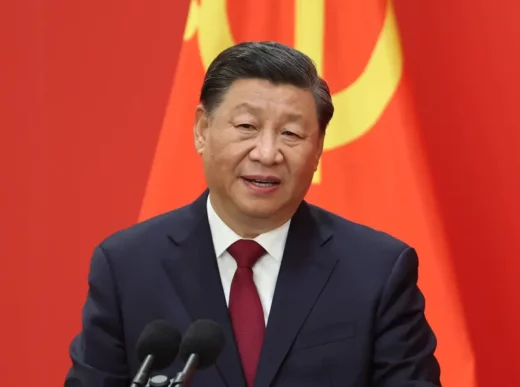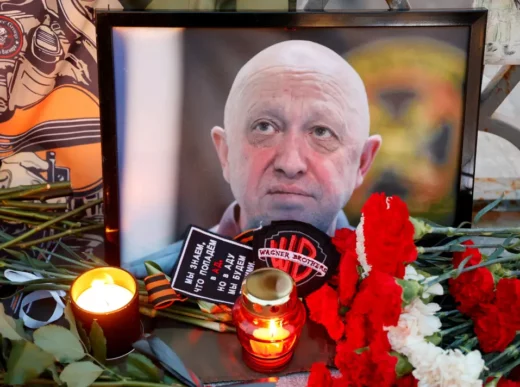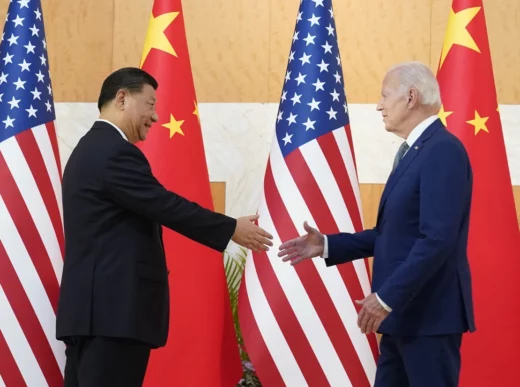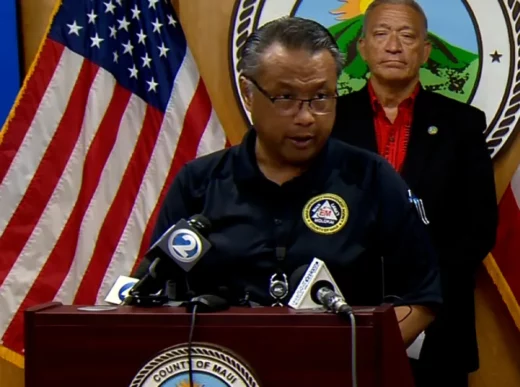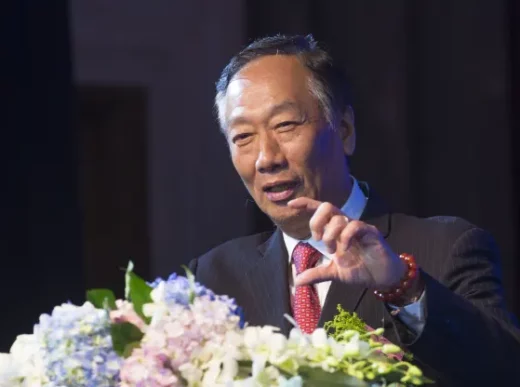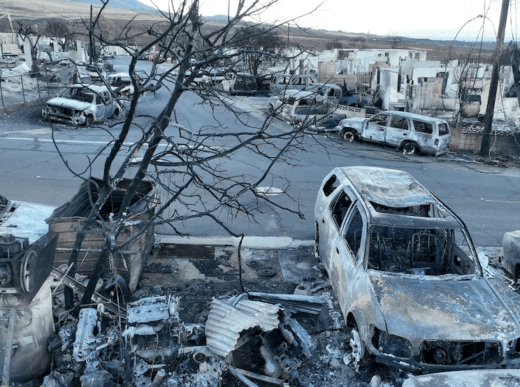Hollywood Studios Present Proposal with Largest Writer Wage Increase in 35 Years, Alongside AI Safeguards. Writer protests continue for over 100 days, surpassing the 2007-2008 strike. Carol Lombardini, president of the Alliance of Motion Picture and Television Producers, expressed the aim to conclude the strike and alleviate industry-wide hardships.
Wage increases and residuals
A major area of contention between the two parties revolved around their stark differences regarding wage increases and residuals.
The proposal presented to the Writers Guild of America on August 11 outlines a 5% raise in the initial year of the contract, followed by 4% the subsequent year, and 3.5% in the third year, accumulating to a compounded 13% growth. Prior to the WGA’s strike on May 2, the AMPTP had offered writers an increment of 4% in the first year, 3% in the second, and 2% in the third year, totaling a 9% increase throughout the contract’s duration.
Although the recent offer falls short of the WGA’s demand for 6% in the first year, 5% in the second, and 5% in the third, it does raise the weekly guarantee from $9,888 to $11,371 for up to 9 weeks.
They have also taken a step to ensure writers receive a minimum of 10 weeks of employment, a concession they had initially declined prior to the strike.
AMPTP has also raised the total domestic and foreign residuals for writers from $72,067 to $87,546 per episode over the span of three years.
Furthermore, the union appears to have relented on the WGA’s suggestion to implement a streaming residuals model based on viewership.
“In a novel move, the WGA will now receive quarterly confidential reports that include cumulative SVOD view hours for each title. This augmented transparency will empower the WGA to devise strategies to reshape the current SVOD residual structure in the future,” AMPTP stated in their offer.
Before, the studios had outright rejected the proposal and refrained from presenting a counteroffer, as per the WGA.
AI protections
The studios have also introduced a clause addressing the protection of artificial intelligence within the proposed agreement.
“In recognition that [Generative Artificial Intelligence] lacks personhood, it does not qualify as a ‘writer’ or ‘professional writer’ within the parameters defined in this MBA. Therefore, any content generated by GAI will not be classified as literary material under this or any prior MBA,” the AMPTP outlined in the offer.
The union further emphasized, “This proposal incorporates significant safeguards to ensure that writers are not disadvantaged if any segment of the script derives from GAI-generated content. Consequently, the writer’s compensation, credit, and separated rights will remain unaffected by the utilization of GAI-produced material.”
Before the writers initiated their strike, the studios had rejected this proposal and instead suggested “annual discussions to address technological advancements,” according to the WGA.
In an announcement on August 18, the union disclosed ongoing negotiations with the AMPTP and scheduled meetings for the current week.
Carol Lombardini, president of the AMPTP, remarked, “We’ve presented an offer that addresses the primary concerns expressed by the writers. Our commitment to ending the strike is resolute, and we anticipate the WGA shares this objective.”
Following a meeting with the AMPTP, the WGA negotiating committee communicated with its members, stating, “The intention of this meeting was not to reach an agreement but to press us to yield, which is evident from the fact that the AMPTP released their proposal summary less than 20 minutes after our meeting concluded.”
However, the purpose of this meeting was not to reach an agreement. It was designed to pressure us into yielding, which explains why, shortly after our meeting ended, the AMPTP promptly published a summary of their proposals.
This aligns with the companies’ strategy from the outset – not to engage in genuine negotiation, but rather to exert pressure. Their sole approach is to bank on our internal divisions emerging.
Tomorrow, we will provide you with a more comprehensive update on the negotiation status. In the meantime, we encourage everyone to join us on the picket lines, allowing the companies to witness the strength of collective labor.
In solidarity,
WGA Negotiating Committee
Paramount Pictures, a studio participating in the negotiations, and CBS News and Stations are both entities under Paramount Global. Furthermore, a portion of CBS News and Stations personnel are members of SAG-AFTRA or the Writers Guild, although their contracts remain unaffected by the ongoing strikes.


